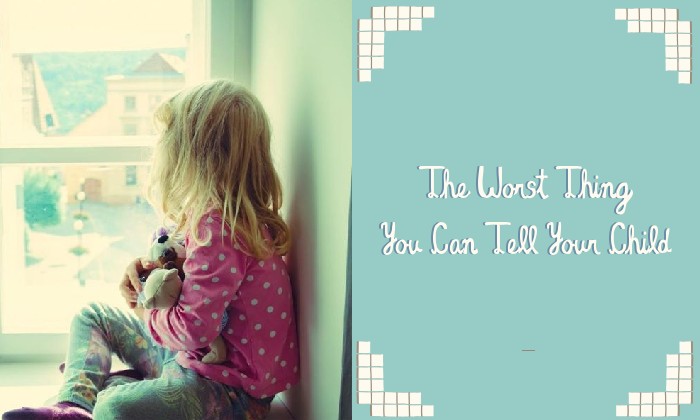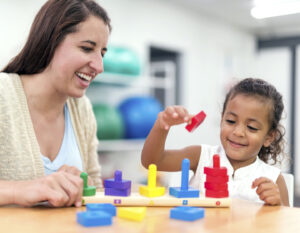




The worst thing that you could tell your child about school is that they could do better.
When we criticise children, it’s usually because we want to be helpful. We want to see them reach their potential. What happens instead is that the children begins to see themselves as the source of their parent’s disappointment. Without substantial coaching, children cannot see the difference between who they are and what they have done.
Children tend to internalise their parent’s disappointment in ways that are not helpful. In other words, a parent’s critical messages become their inner dialogue. So, messages like “you could do better” easily translate to “you’re not enough” and “you only have value to me when you do well.” Children not only accept these messages, they believe them to a fault. These messages eventually guide their future actions, even before they try. They underachieve on math test that they prepared for; they write substantially less than they could write. Parents tell them that they could’ve done better, or tried harder. Then, when faced with a difficult task or situation in the future, children become even more reluctant to try. They’re afraid of disappointing; afraid of not being good enough.
Surprisingly, compliments are also a form of criticism. Telling your child what you like about them can be just as difficult for them to understand as telling them what you do not like. Children confuse ‘I like’ with ‘I approve.’ Thus, as they grow and mature, they feel compelled to look to others for approval. This leaves a lot to luck. Instead, try telling them what you notice and, if you must, how you feel about it. For example, rather than “I like your outfit”, try statements like “I noticed that you got ready on your own.” The former connects their actions to your approval; the latter connects their actions to their effort and values. The difference can be vital to their future success. The same technique works for offering criticism. Rather than “you could do better” or “you’re not trying hard enough,” you could say “I noticed that you didn’t do your work yet” or “I’ve seen you work harder in the past; what’s different?” Then, listen to them.
Chances are that your child knows that they could do better; they know what you like and what you don’t like. They may just not know how to improve. If you tell them to be more organised, then you need to teach them organisational skills. When you tell them that they wasted their time, or your time, you also need to give them some tools to manage their time better. When you want to tell them how poorly they are doing, you need to also remind them that you care for them regardless. Most importantly, children need to know what is right with them.
 View All
View All











 View All
View All





 View All
View All


 View All
View All













